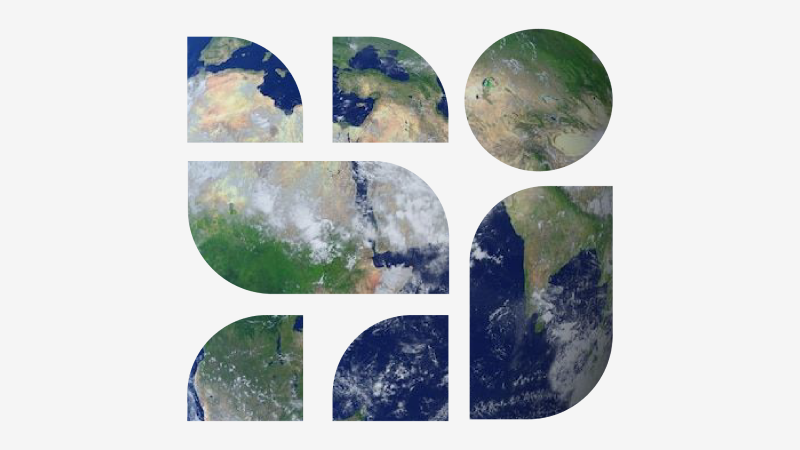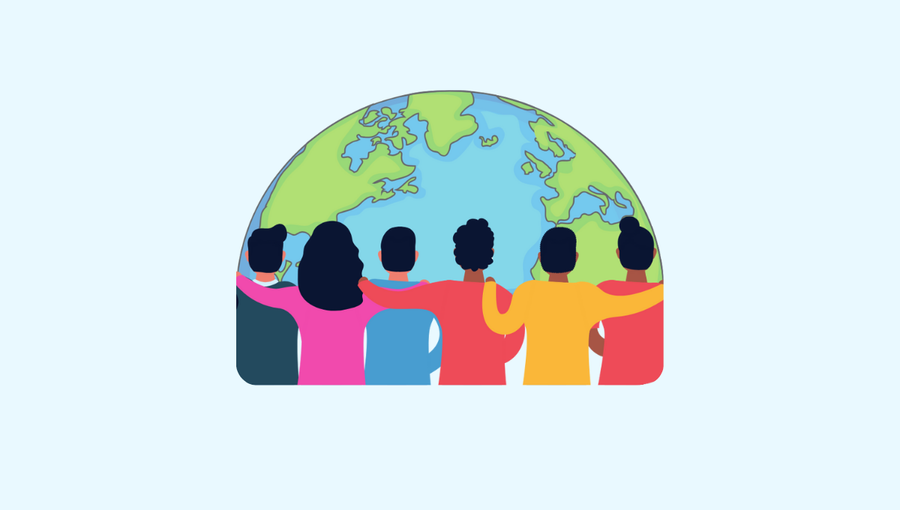
In 2025, India saw a host of disasters attributable to climate change. Most recently, in October, unprecedented heavy rain in the northern region of West Bengal triggered landslides and caused bridges to collapse, blocking off roads and largely cutting off the state of Sikkim — ultimately claiming seventeen lives.
This is just the most recent example in a host of catastrophic climate disasters that have inundated India. Every such disaster causes a major upheaval in the lives of people affected, impacting housing, infrastructure, healthcare, utilities, education, employment, and much more. With climate change showing no signs of abating, the frequency and severity of such disasters will only worsen. Inevitably, exacting a significant cost to mental health.
Right to mental healthcare and the government’s obligations
In India, the right to access mental healthcare is enshrined in the Mental Healthcare Act, 2017. According to the Act, the government has a responsibility to provide for the mental health needs of its citizens, naturally extending this right to people affected by disasters. The National Mental Health Policy, 2014, recognises the State's obligation to provide mental health services in remote areas and difficult terrains. It also explicitly identifies persons affected by disasters as vulnerable and meriting special attention, stating that it's crucial to recognise the mental health repercussions of such disasters.
In 2023, the National Disaster Management Authority (NDMA) released a comprehensive framework on Mental Health and Psychosocial Support (MHPSS) Services in Disasters. It proposes the creation of MHPSS Working Committees at national and state levels to implement guidelines and action plans and coordinate across cross-sectoral agencies and stakeholders. It is unclear whether these Committees are functional, since no information exists in the public domain.
The framework addresses MHPSS across all disaster phases: prevention, mitigation, and preparedness, as well as response, recovery, and reconstruction after disasters. It also presents clear guidelines for service providers, with special advice for working with vulnerable communities such as older populations, women and gender minorities, children and adolescents, and people with disabilities.
Post climate disaster efforts in Kerala
Kerala is an exemplar in its efforts to mitigate the psychological impacts of climate disasters. In 2018, after the devastating floods in Wayanad, the state government implemented Project PARIRAKSHA, under the supervision of the District Mental Health Programmes (DMHP) to manage the long-term psychological effects of the disaster. Project PARIRAKSHA reached 2 million people across 93 of the worst-affected panchayats. The sheer scale was achieved by integrating mental health support into primary healthcare, training ASHAs to promote awareness and visit homes, and mobilising mobile mental health units to support people who developed or experienced an exacerbation of their mental health conditions.
In another proactive move, following the fatal floods in Wayanad in 2024, the health department set up a toll-free helpline for mental health assistance and constituted a team of 121 mental health professionals. The team set up help desks in hospitals and relief camps, providing a vital lifeline of mental health support for people with mental health conditions, and counseled health workers, local officials, and first-responders.
Learnings from the COVID-19 pandemic
The COVID-19 pandemic was a wake-up call that severely tested the resilience of India’s mental health system. Widespread disruptions, uncertainty, and social isolation, as well as economic hardship and health-related fears, led to sharp rises in anxiety, depression, stress, and sleep problems. The government attempted to address this crisis with several measures. The Ministry of Health and Family Welfare issued special guidelines for managing mental health issues across segments of society, including tailored resources for children, the elderly, and healthcare workers. The National Institute of Mental Health and Neurosciences (NIMHANS) created task forces, helplines, and digital resources to extend mental health support nationwide and provided telemedicine platforms for remote consultations (Tele MANAS, launched in 2022 by the Government of India, was born out of pandemic-era efforts to expand access to tele mental health services).
Despite these efforts, substantial gaps remained, and access issues persisted for remote populations and the most vulnerable. Service disruptions during lockdowns, scarcity of medicines, and repurposing of mental health wards for COVID-19 duties hampered care, especially for people with severe mental health disorders and those in rural areas.
Mental health response in the face of climate disasters is relatively small-scale, fragmented, and reactionary. These disasters, however, are a nationwide crisis and are here to stay — in 2025 alone, they affected regions as diverse as Jharkhand, West Bengal, Punjab, Jammu and Kashmir, and Sikkim. Since climate disasters strike suddenly, the infrastructure and networks for mental health support should be established beforehand, not assembled in crisis. The urgent need for a focused, coordinated response is clear, and optimistically, India has taken strides in that direction. To avoid the long-term mental health fallout of such emergencies, it is critical to implement existing policy and guidance and scale up scattered efforts to reach those most affected.

